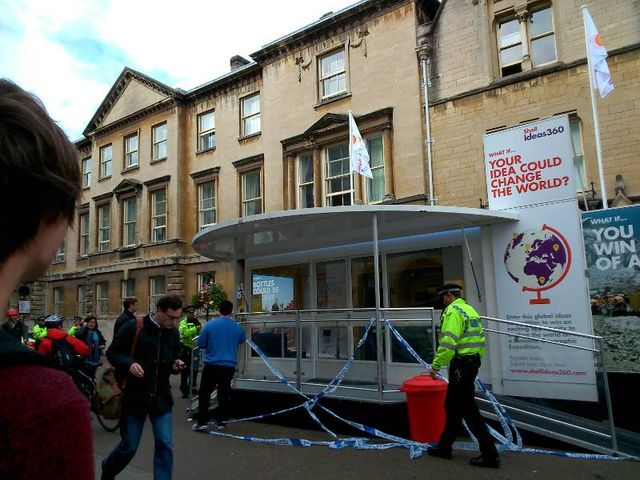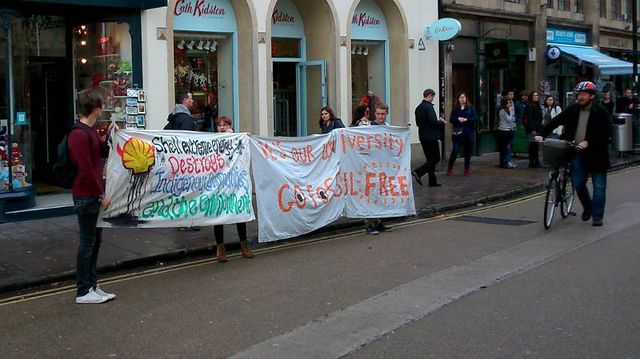“We, the indigenous people of Yowied Village reject corporations coming on to our land in Tubang District for the following reasons:
There is not so much land around Yowied Village.
Our lives are dependent on what our environment can provide.
Where will the future generations go?”
The sign is tied with coconut leaves, a signal that it is a ‘sasih’ marker, a traditional means to forbid passage. Similar signs can be seen in almost all villages in the area. They are backed up by an agreement between all villages in the area that no-one should give up their land, under pain of death. It’s a desperate first act of defiance to a modern world they know has no place for them. A plantations mega-project has been imposed on Merauke, West Papua, and 2.5 million hectares of forest, grassland and swamps – the ancestral lands of the Malind people – are being targeted for oil palm, industrial timber and sugar cane.
For now, the natural ecosystem in remote Tubang District is still in good condition, and the Malind Woyu Maklew people who live in the area can easily find all they need from the forest by hunting, gathering and fishing. The former chief of Yowied village has claimed that he could easily live on only $2 a month, which he would use to buy tobacco and betel nut – everything else could be got from the forest.
Throughout Merauke Regency in the southern part of West Papua, a land controversially annexed by Indonesia 50 years ago, indigenous communities are having to learn fast how to resist corporate manipulations. In 2009 ambitious local politicians proposed Merauke as Indonesia’s new centre for industrialised agricultural growth. This was in the aftermath of the 2008 global food crisis, when governments worldwide got preoccupied about national food security, prompting a wave of land-grabbing globally. The Merauke Integrated Food and Energy Estate (MIFEE), as it became known, was officially launched three years ago in August 2010. Around 50 provisional permits have been issued to around 20 corporate groups, mostly from Indonesia or South Korea.
Starvation and rebellion as the companies move in.
They claimed that MIFEE would ‘Feed Indonesia, then feed the world’. But in the end, it brought hunger. In Zanegi, one of the first villages to be caught up in MIFEE-related development, five children have died in the first half of 2013 from malnutrition and preventable diseases thought to be linked to pollution. Medco, the company involved, is not even producing food. Its industrial forestry plantation is currently turning the Zanegi people’s ancestral forest into wood chips. These are then loaded onto ships and exported to Korea by Medco’s joint venture partner LG International, to be burnt in power stations or turned into fibreboard.
Zanegi too has had to learn to resist. Villagers were tricked out of their land by Medco, who gave them a ‘Certificate of Appreciation’ and US$33,400. The people had no idea that they were signing away their forest, their means of subsistence, their identity. Then the company started taking away the timber, giving people a fraction of the price the logs were worth and breaking their promise to leave intact forest around sago groves and sacred sites. Eventually the people decided to block the company’s access. If they heard chainsaws then they would come running, and in this way they successfully managed to keep the company from operating on their land for over a year.
Despite their resistance, Zanegi has suffered. The forest is gone and the village is empty nowadays as people regularly abandon the village, staying in temporary camps to try to hunt the few remaining forest animals. Others work for the company, but their daily pay is only enough to buy a day’s food for a family. Swamps are poisoned with pesticide residues from the tree nurseries, fish swim erratically as if drunk and then die. People do not have enough to eat, especially the women who always feed their husbands and children before themselves. Traditional beliefs in this area mean that deaths are thought to be linked to black magic. This has led to a conflict which has left several community leaders imprisoned, accused of killing someone who was believed to be a sorcerer. Three of the men have died in prison in the last year, deaths which are also put down to black magic.
The story of Zanegi village has become well known around the Merauke area: it is a warning of what happens when villagers sell their land, and that prompts people in other villages to hold out against the companies. Another company, Rajawali, is trying to set up a sugar cane plantation near the coast. The company successfully bought up land belonging to Domande village, but other villages, Onggari and Kaiburze, have been resolute in their refusal to sell. This is despite intense pressure from the Rajawali corporation, which has also been accused of illegally felling trees on Onggari village’s territory.
In Domande Village, in June 2013, local people angry about unpaid timber compensation set up a blockade, and some days later ordered Rajawali’s loggers to leave the area. As in Zanegi, they had already been tricked out of their land, but were still fighting to get fair compensation for the trees at least. Previously the villagers had taken action after Rajawali cleared a burial ground. Living in the plantation zone means you must be on constant alert to companies overstepping the line.
Fear and conflict is only ever one step behind the company. Back in Yowied, company guards working for PT Mayora, the company which is trying to gain access to plant sugar-cane, accused people of being separatist rebels, fighting for West Papuan independence. Seeing that villagers were preparing to run to the forest in fear, some community leaders felt forced to sign a document PT Mayora were presenting them. In nearby Woboyu, villagers were scared a deadly conflict would break out after rumours spread that people from another village were collaborating with PT Astra to survey customary land boundaries. Both companies are planning sugar-cane plantations.
Local community activists involved in the SSUMAWOMA forum recorded video interviews in these two villages which they then took to Merauke city. After discussing the issue one Sunday afternoon, about 100 people decided to take action, and the next day occupied PT Mayora’s office in the city, demanding that if companies want to propose new plantations, they approach people in a reasonable way, and not just show up causing chaos, divisions, intimidation and confusion. The local regency leader agreed to meet with representatives after the action and agreed to order PT Mayora to temporarily leave the land, but it is known that the company is still looking for a new strategy to convince villagers.
The SSUMAWOMA Forum is a group that has emerged in recent months, made up mostly of university graduates who have roots in the western part of Merauke Regency. With the backing of the communities, they are articulating their opposition to all plantation plans, at least as long as the people lack the skills or experience to get meaningful employment with companies, meaning they end up marginalised on their own land. They bring the voice of the villagers to the public and government, showing how the people have nothing to gain from plantations and, at the same time, have so much to lose: their forest, their livelihood, their culture and their identity.
The Malind people are not just dependent on the forest for their daily needs. The forest defines every aspect of who they are. In Malind cosmology mortal humans are the third generation; the first two generations of their ancestors remain immortal in the environment around them, and the Earth is seen as mother. Each clan is intimately connected to their dema or totem – a part of the ecosystem: Gebze with coconut, Mahuze with sago, Basik-Basik with wild pigs, Samkakai with tree kangaroos. It is incomprehensible for Malind people that the forest might be gone, if it is their culture becomes no more than a sad symbol, their sense of being torn apart.
“The Malind Anim culture is not just a dance, a ritual or a carving. It is not a mere representation of a culture, decorated in mud, leaves and vines” (SSUMAWOMA forum)
When Oil Palm wears a Uniform
In the eastern part of Merauke is the border with Papua New Guinea. The area is militarised, under the pretext of protecting the border zone. For decades local people have had to live with constant intimidation from the troops at dozens of outposts strung along the border. Here traditional society has faced even more challenges; many women have been raped, and subsistence becomes more difficult when military personnel have hunted many of the forest animals.
The military is a source of terror and trauma in West Papua, having waged a war on its people over the last 50 years, protecting its own interests and Indonesia’s economic agenda. Shooting incidents are common, independence movements are brutally crushed, torture, imprisonment and random beatings are everyday hazards. Racist attitudes towards black-skinned Papuans prevail. The climate of fear and resentment has long been established throughout Papua. Even though Merauke has not been a zone of intense pro-independence activity recently, this is why living alongside the military still means constant tension.
All MIFEE companies use the military (or police mobile brigade) as security, adding to the pressure on people to hand over their land, but in this eastern strip, near the border, the military presence is felt more strongly. This area has been allocated for oil palm, with at least four corporate groups wanting to develop big plantations. Unsurprisingly, the companies have found it easier to gain access in this area, and several are now clearing the forest. Nevertheless, a few clans are still resisting, refusing to sell their land, and there have been blockades here too.
The going rate for compensating indigenous people for the annihilation of their world works out at about US$30 per hectare. This amount is pitiful if it is seen as a replacement for the many lifetimes which a forest could sustain, especially once that amount is shared out between different families. But at the moment when the cash is handed over for a few thousands of hectares, for the communities, as people who are desperately poor in terms of the money economy, it seems a huge amount In several cases, this cash handover has been the cause of conflict between villages, clans or individuals, wrenching the community apart.
Far away in Jakarta, Indonesia’s national development master plan still tells the official story: MIFEE is a well-planned and structured development which will provide food crops such as rice, corn, soybeans and beef for the nation. It totally ignores reality, which is that the land is being gobbled up by the same oil palm, sugar and forestry multinationals that have devastated many of Indonesia’s other islands. And as investment fever spreads, oil palm companies are also lining up to establish or expand their plantations elsewhere in West Papua.
Indigenous resistance sometimes seems desperate – what chance do forest people stand against multinationals and the military? But companies remain cautious about entering West Papua, fearing local anger, and many ambitious investment plans have failed here. Standing up to these companies costs the Malind so much, but really it is their only chance to survive as a people, and protect their land.
—-
This is the first of three essays written to give an overview of the MIFEE project, three years after it was officially launched on August 11 2010. The second article is a more in-depth analysis of how plantation companies have affected indigenous communities over the last three years.
The third article is a much longer analysis of the mismatch between the original plan of a food estate to “feed Indonesia, then feed the world” and the reality: vast oil palm, sugar cane and industrial forestry plantations. It also examines how this food estate myth has persisted,providing legitimacy to a national development plan which ignores communities, and to a policy for West Papua which is promoting development while doing nothing to address the underlying causes of West Papua’s problems.
List of key companies involved in MIFEE:
- Medco (Indonesian oil and gas company)
- LG International (Korean TNC, best known for its electronic products)
- Rajawali (Indonesian business conglomerate)
- Daewoo International (Part of South Korean Posco TNC)
- Korindo (Korean business conglomerate with diverse businesses in Indonesia)
- Wilmar International (Asian plantation and grain trading giant, and biodiesel producer, also owns the company which markets CSR Sugar in Australia)
- AMS Plantations (The plantation company belonging to the younger brother of Wilmar’s co-founder)
- Astra Agro Lestari (Indonesian plantations company, ultimately owned by British-registered corporation Jardine Matheson)
- Mayora (Indonesian food company)
- China Gate Agriculture Development (little known company, also South Korean)
- Moorim Paper (Korean paper company)
- Central Cipta Murdaya (Indonesian conglomerate – boss is in prison for paying bribes for plantation permits elsewhere but business goes on regardless)
- Texmaco (Indonesian conglomerate focusing on forestry)





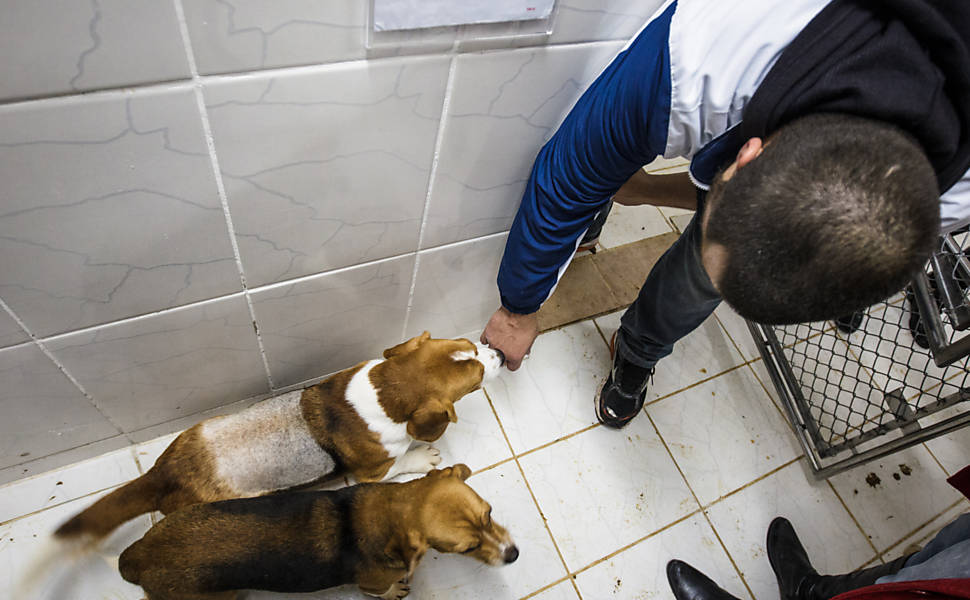
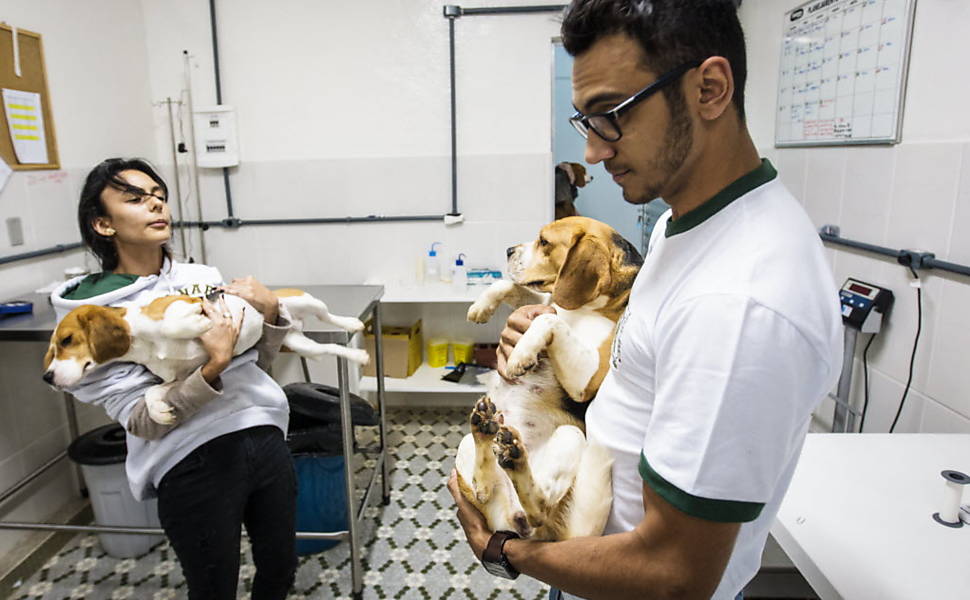
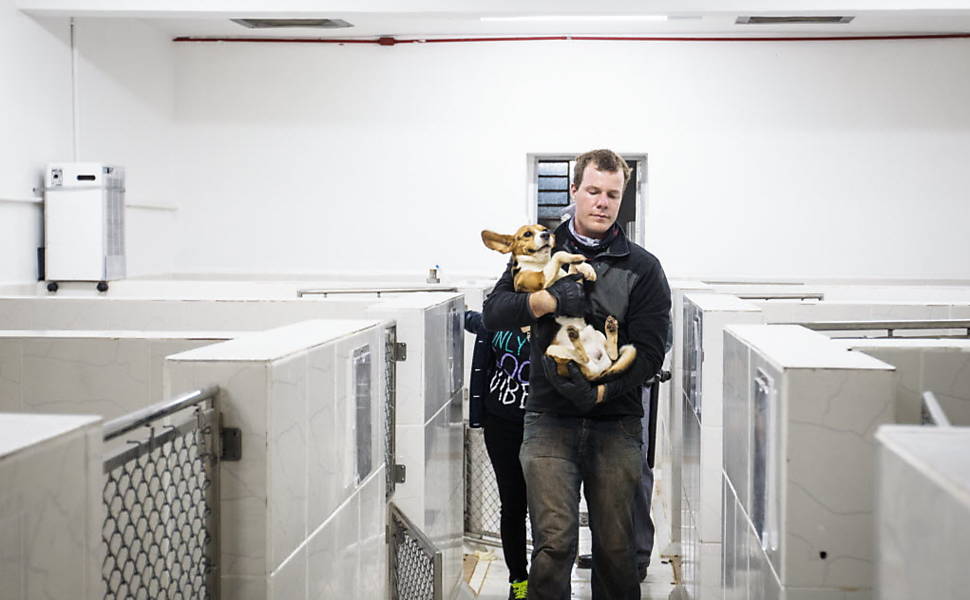
 26th October Anti-dam protestors, who on Wednesday put up blockades at two roads leading to Sarawak’s next hydroelectric dam near Long Lama in Baram, have warned sta
26th October Anti-dam protestors, who on Wednesday put up blockades at two roads leading to Sarawak’s next hydroelectric dam near Long Lama in Baram, have warned sta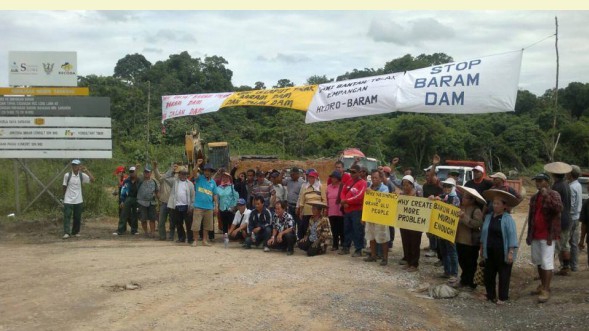 26th October Anti-dam protestors, who on Wednesday put up blockades at two roads leading to Sarawak’s next hydroelectric dam near Long Lama in Baram, have warned state electricity provider Sarawak Energy Bhd (SEB) to remove its construction machinery from nearby Long Naah within three days.
26th October Anti-dam protestors, who on Wednesday put up blockades at two roads leading to Sarawak’s next hydroelectric dam near Long Lama in Baram, have warned state electricity provider Sarawak Energy Bhd (SEB) to remove its construction machinery from nearby Long Naah within three days. 26th October A small band of anti-fracking campaigners who wished to be known as ‘protectors’ have set up camp on land adjacent to Celtique Energie’s proposed drill site.
26th October A small band of anti-fracking campaigners who wished to be known as ‘protectors’ have set up camp on land adjacent to Celtique Energie’s proposed drill site.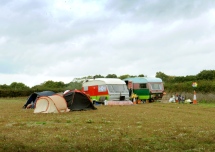 26th October A small band of anti-fracking campaigners who wished to be known as ‘protectors’ have set up camp on land adjacent to Celtique Energie’s proposed drill site.
26th October A small band of anti-fracking campaigners who wished to be known as ‘protectors’ have set up camp on land adjacent to Celtique Energie’s proposed drill site.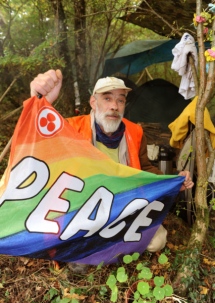
 25th October Native communities from Malaysia’s remote Baram district on the island of Borneo have warned state-owned electricity provider Sarawak Energy t
25th October Native communities from Malaysia’s remote Baram district on the island of Borneo have warned state-owned electricity provider Sarawak Energy t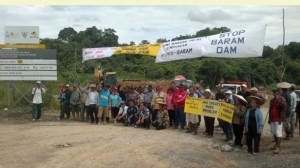 25th October Native communities from Malaysia’s remote Baram district on the island of Borneo have warned state-owned electricity provider Sarawak Energy today to remove its construction machinery from their lands within three days. The machinery had been transported to the Baram region in order to prepare the construction of a 1200 MW dam that would displace up to 20’000 natives and flood a rainforest area of 400km2.
25th October Native communities from Malaysia’s remote Baram district on the island of Borneo have warned state-owned electricity provider Sarawak Energy today to remove its construction machinery from their lands within three days. The machinery had been transported to the Baram region in order to prepare the construction of a 1200 MW dam that would displace up to 20’000 natives and flood a rainforest area of 400km2.

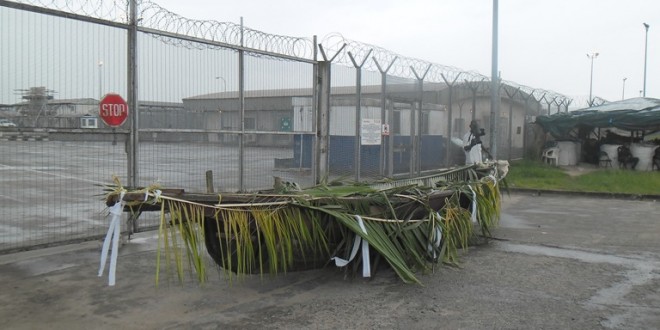
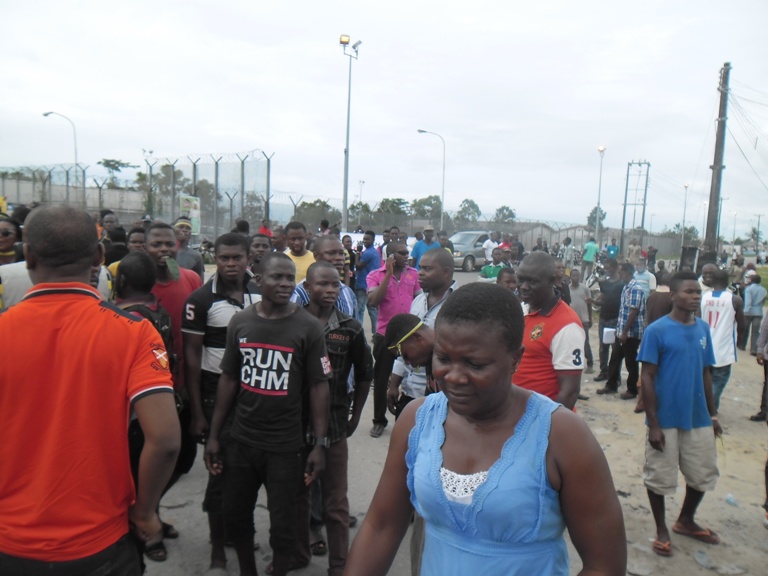
 24th October The Karen National Union (KNU) in Southern Burma has suspended a coalmine from operating in the Pawklo area, east of Dawei.
24th October The Karen National Union (KNU) in Southern Burma has suspended a coalmine from operating in the Pawklo area, east of Dawei.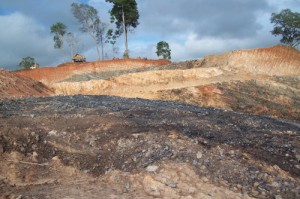 24th October The Karen National Union (KNU) in Southern Burma has suspended a coalmine from operating in the Pawklo area, east of Dawei.
24th October The Karen National Union (KNU) in Southern Burma has suspended a coalmine from operating in the Pawklo area, east of Dawei.